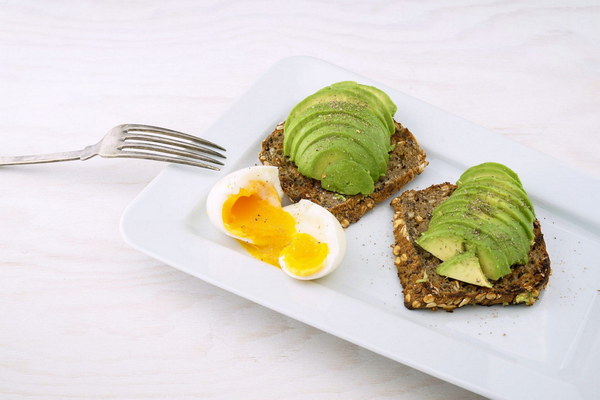Can Women Take Supplements During Their Menstruation on the Winter Solstice
The winter solstice, also known as the shortest day of the year, is a time when many people turn to traditional remedies and dietary adjustments to boost their health. For women, this period can also be an excellent opportunity to consider whether or not to take supplements during their menstruation. This article delves into the topic, exploring the benefits and considerations of supplementing during the winter solstice and during menstruation.

Firstly, it's essential to understand that the winter solstice is a time when the body is subjected to shorter days and lower temperatures, which can lead to a decrease in vitamin D levels. For women, this can be particularly challenging during menstruation when hormonal fluctuations and the body's need for additional nutrients are at their peak.
During menstruation, women experience a loss of blood and other bodily fluids, which can result in nutrient deficiencies. This is why many experts recommend taking supplements to replenish the lost nutrients and support overall health. Some of the most common supplements include iron, calcium, vitamin D, and omega-3 fatty acids.
One may wonder if it's appropriate to take supplements during the winter solstice when the body is already under stress due to shorter days and lower temperatures. The answer is yes, it can be beneficial. Here are some reasons why:
1. Boosts Immune System: As the winter solstice approaches, the risk of infections and colds increases. By taking supplements such as vitamin C and zinc, women can strengthen their immune system and reduce the likelihood of getting sick.
2. Balances Hormones: The winter solstice can be a time of hormonal imbalance for women, particularly those who are prone to premenstrual syndrome (PMS) symptoms. Supplements like magnesium and B-complex vitamins can help regulate hormones and alleviate PMS symptoms.
3. Supports Bone Health: During menstruation, women lose calcium through blood loss. Taking calcium supplements can help maintain bone health and prevent osteoporosis in the long run.
4. Energy Levels: The winter solstice can be a time of low energy levels due to shorter days and colder temperatures. Supplements like iron, vitamin B12, and omega-3 fatty acids can help boost energy levels and combat fatigue.
5. Mental Health: Supplements such as omega-3 fatty acids, vitamin D, and B-complex vitamins have been shown to improve mood and reduce symptoms of depression and anxiety, which can be more prevalent during the winter months.
However, it is important to note that not all supplements are suitable for everyone. It is crucial to consult with a healthcare professional before starting any new supplement regimen. They can provide personalized advice based on individual health needs, medical history, and any pre-existing conditions.
In conclusion, taking supplements during the winter solstice and during menstruation can be beneficial for women. It is essential to choose the right supplements and follow a balanced approach to ensure optimal health. Remember that supplements should complement, not replace, a healthy diet and a healthy lifestyle. By taking the necessary precautions and seeking professional advice, women can enjoy the benefits of supplementation during this challenging time of the year.









